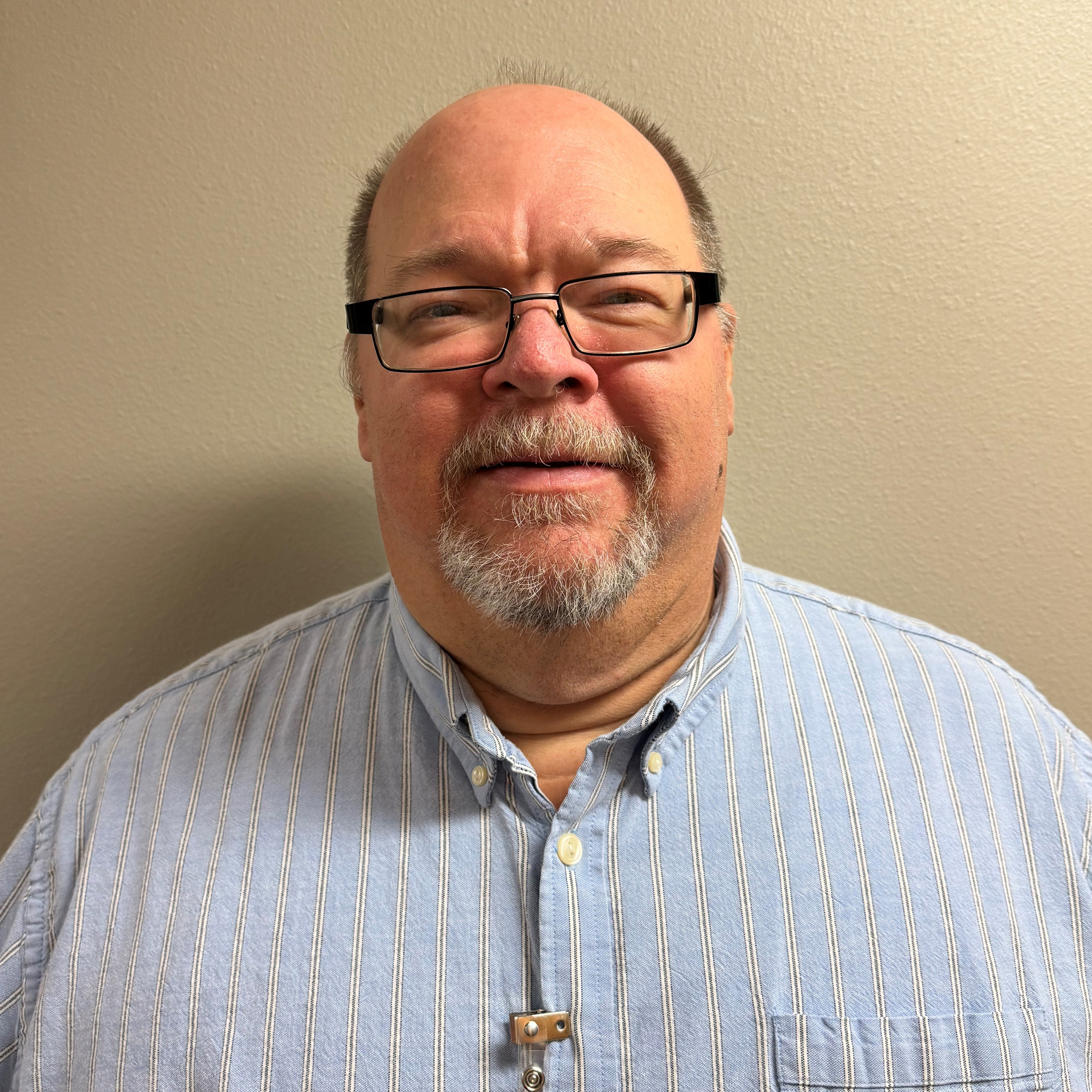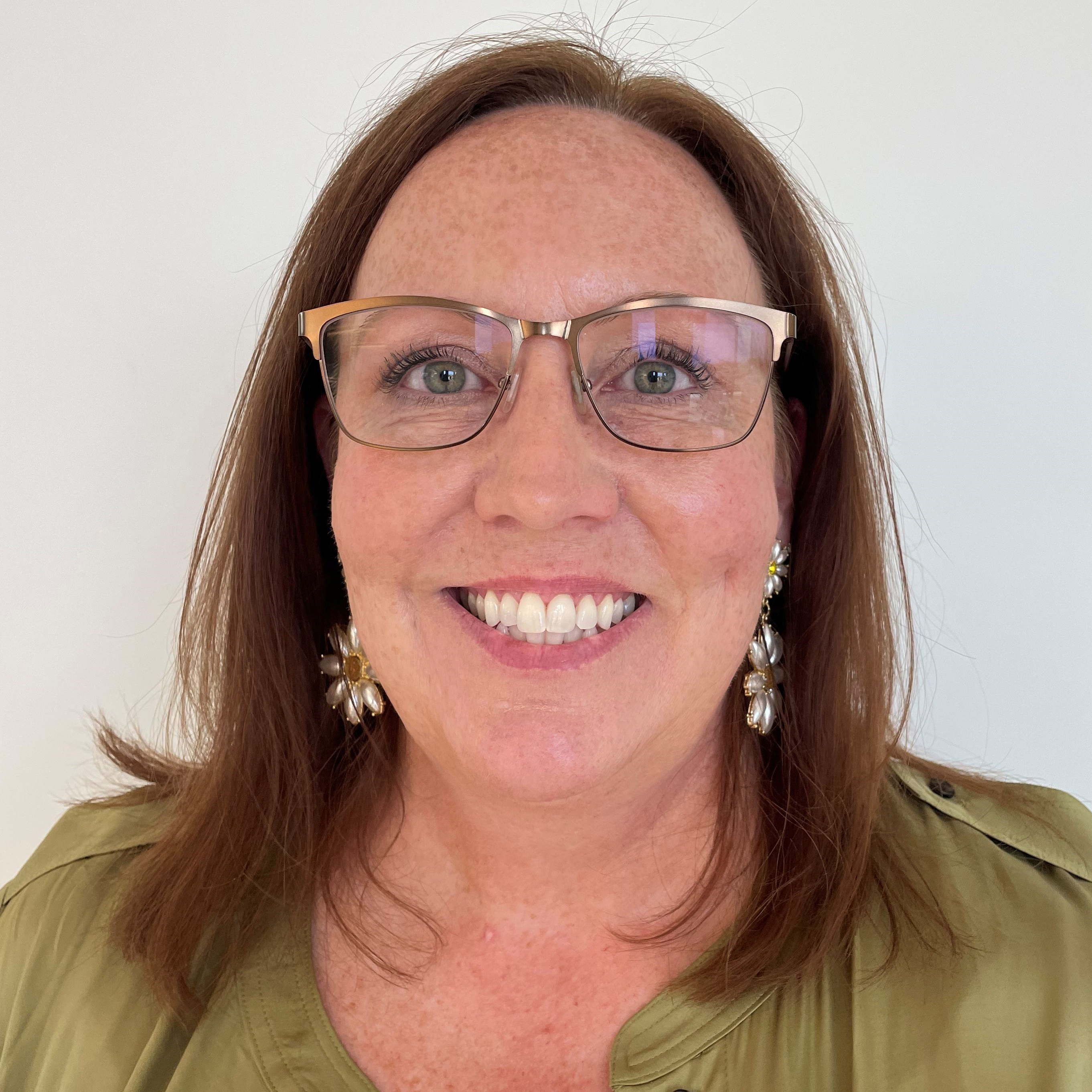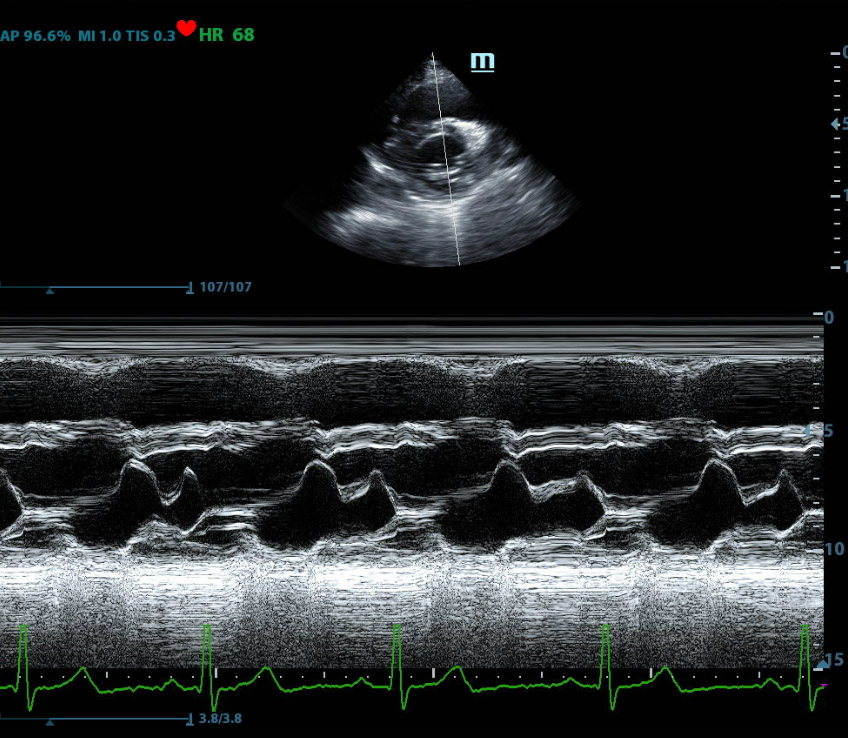Cip Code: 51.091
The Weatherford College Cardiovascular Sonography Program is a 19-month curriculum comprised of classroom, laboratory, and clinical learning experiences. This is a full-time program. Classroom and scanning lab sessions are on campus from 5:00 p.m. to 10:00 p.m. Clinical experiences typically occur between 8:00 a.m. - 5:00 p.m. The course of study is comprised of 64 semester credit hours and is designed to prepare individuals for careers as entry-level adult cardiac and vascular sonographers.
A cardiovascular sonographer uses ultrasound technology to produce images of the heart and blood vessels. Their primary responsibilities include:
- Performing Diagnostic Ultrasounds: They use specialized equipment to direct high-frequency sound waves (ultrasound) into the patient’s cardiovascular system. These sound waves create images of the heart and blood vessels.
- Capturing and Analyzing Images: Sonographers operate the ultrasound machine to collect data from reflected sound waves, which are then turned into images of the heart’s structures, vessels, valves, and blood flow. They carefully position the equipment to obtain the best possible images for diagnosis.
- Assisting Physicians in Diagnosis: The images they capture are used by physicians to diagnose cardiovascular conditions such as heart disease, valve disorders, and other abnormalities. Sonographers may also provide initial assessments or measurements that help in diagnosis.
- Patient Interaction: Cardiovascular sonographers explain procedures to patients, prepare them for the exam, and ensure their comfort throughout the process.
Weatherford College is an affirmative action/equal opportunity employer. Applicants are considered on the basis of qualifications without regard to gender, age, race, color, creed, religion, national or ethnic origin, veteran status, or the presence of a non-job-related disability or any other legally protected status.
Institutional Accreditation
Weatherford College is institutionally accredited by the Southern Association of Colleges and Schools Commission on Colleges (SACSCOC).
Southern Association of Colleges and Schools Commission on Colleges
- 1866 Southern Lane
- Decatur, GA 30033
- P: (404) 679-4500
- https://sacscoc.org/
The Cardiovascular Sonography Program at Weatherford College has a site visit scheduled for pursuing initial accreditation by the Commission on Accreditation of Allied Health Education Programs. This step in the process is neither a status of accreditation nor a guarantee that accreditation will be granted.
Program Goals
The goal of the Cardiovascular Sonography Program is to prepare competent entry-level sonographers in the cognitive (knowledge), psychomotor (skills), and affective (behavior) learning domains for the following concentrations it offers:
- Adult cardiac sonography
- Vascular sonography
Learning Outcomes
- Provide an avenue for an associate degree in cardiovascular sonography education in the community.
- Present students with standards of sonography practice with an emphasis on legal and ethical practice.
- Prepare graduates to meet the needs of this community and surrounding communities.
- Prepare graduates to function safely and effectively in a variety of health care settings and with populations that may be diverse culturally, racially, ethically and developmentally.
Career Options
The Cardiovascular Sonography program prepares you for a fulfilling career as a sonographer specializing in adult cardiac and vascular sonography procedures.
You will have the ability to work at a hospital, imaging center, outpatient medical office, or become a traveling sonographer.
Requirements
Technical Standards
Technical Standards The following must be able to be performed by each student who is accepted into the sonography program in order to carry out the responsibilities required of a sonographer based on analysis of current literature, expert opinion, open forum commentary and formal consensus. Listed below are some of the technical standards that sonographers must be able to routinely perform. If an individual is unable to meet the technical standards, they will need to speak directly with the program director and will be referred to the ADA department.
- Lift more than 50 pounds routinely (be able to assist patients on and off examination tables)
- Push, pull, bend and stoop routinely
- Have functional use of both hands, wrists and shoulders
- Working standing on feet 80% of the time
- Distinguish audible sounds
- Adequately view sonograms, including color distinctions
- Communicate effectively with patients and other health care professionals
- Organize and accurately perform the individual steps in a sonographic procedure in the proper sequence
Retrieved from: www.sdms.org

Doug Solomon is a highly experienced cardiovascular sonographer with 23 years dedicated to patient care. He earned his Bachelor of Science in R.H.I.M. from Texas Tech University and brings 18 years of management expertise in restaurant and institutional food service. Doug holds certifications as an RDCS (echocardiography) through ARDMS and an RVS (vascular sonography) through CCI.
Early in his career, Doug worked at Harris Methodist Hospital, Weatherford Regional Hospital, and Huguley Medical Center. He went on to co-found and manage a mobile x-ray and ultrasound company serving homebound, elderly, and rehab patients in the Fort Worth area. It was here that he began mentoring and training sonographers in cardiovascular and general ultrasound.
In January 2010, Doug started traveling across the U.S. to assist understaffed hospitals, working in 14 states and training numerous sonographers. After 12 years on the road, he transitioned into leadership and managed the cardiovascular department at Presbyterian Hospital of Denton. Under his leadership, the department grew its study volume from just over 2,500 annually to more than 9,000, with ongoing expansion to date.

Christine Semens is a retired Navy Chief with 22 years of dedicated service in the U.S. Navy. During her distinguished military career, she worked as a radiologic technologist and sonographer, contributing significantly to the healthcare needs of the armed forces. Christine has been registered with the American Registry for Diagnostic Medical Sonographers (ARDMS) since 2004, holding certifications in Abdomen Extended, OB/GYN, and Vascular specialties. Her commitment to lifelong learning is reflected in her Bachelor's degree in Health Sciences from Trident University. Additionally, she is an active member of the Society of Diagnostic Medical Sonographers (SDMS), contributing to the advancement of the profession.
She began her career at Weatherford College in 2017, working in labs, visiting students at clinicals, and lecturing courses with the Diagnostic Medical Sonography Program. In 2022, she became the Clinical Coordinator for the Cardiovascular Sonography Program where she continues to mentor and train the next generation of sonographers.
Christine is dedicated to community service, volunteering with Patriot Anglers to support veterans and fostering cats for Jack of All Cats, exemplifying her commitment to helping both people and animals.
Related Programs
Transfer Options
Students who have previously attended another community college or university are encouraged to e-mail their unofficial transcript to Misti Ellis-Jackson at mellis-jackson@wc.edu to determine whether completed courses fulfill the Cardiovascular Sonography Program prerequisite requirements.
Graduates of the Cardiovascular Sonography Program are encouraged to further their education by enrolling in Weatherford College’s online Bachelor of Applied Technology in Medical and Health Services Management.
Advanced Placement Policy
At this time, advanced placement is not offered for either sonography program at Weatherford College. Each applicant must meet all application requirements.
Scholarships
